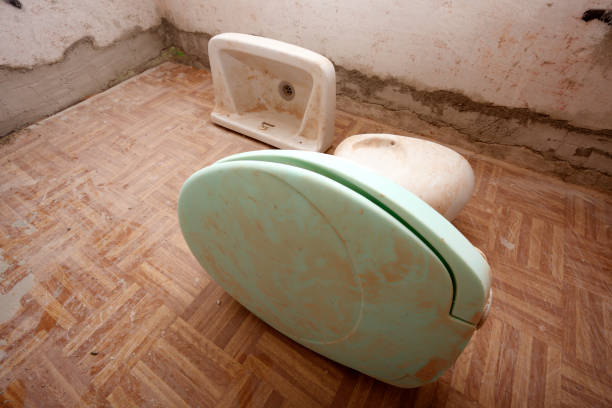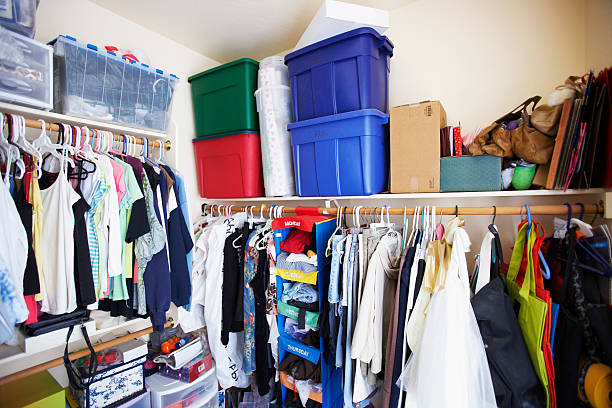Selecting the ideal all-purpose cleaner for your home involves more than grabbing the first bottle off the shelf. An effective cleaner should balance cleaning power with safety, convenience, and environmental impact. With countless options available—from traditional chemical formulas to plant-based solutions—understanding your household’s specific needs will help you find a product that keeps your home sparkling without compromising health or sustainability.
The first consideration is the cleaner’s ingredients and their safety profile. Many conventional cleaners contain harsh chemicals like ammonia, bleach, or synthetic fragrances, which can irritate skin, trigger allergies, or release volatile organic compounds (VOCs) into the air. For households with children, pets, or sensitive individuals, gentler options free from parabens, phthalates, and chlorine may be preferable. Plant-based or biodegradable formulas, often derived from ingredients like citric acid, vinegar, or essential oils, offer effective cleaning with reduced toxicity. However, it’s important to scrutinize labels, as terms like “natural” or “green” aren’t always regulated and may mask less benign components. Versatility is another key factor. A true all-purpose cleaner should handle multiple surfaces—countertops, glass, tile, and appliances—without leaving streaks or residue. Some cleaners specialize in disinfection, which is valuable for kitchens and bathrooms but may be overkill for everyday dusting. Others focus on degreasing, making them ideal for stovetops but potentially too abrasive for wood or stainless steel. Concentrated cleaners offer cost savings and reduced plastic waste but require proper dilution to avoid damage. Pre-mixed sprays provide convenience but often at a higher per-use cost and with more packaging waste. Environmental impact is increasingly important to many homeowners. Look for cleaners with recyclable packaging, certifications like EPA Safer Choice, or refillable containers to minimize waste. Avoid products containing phosphates or triclosan, which can harm aquatic ecosystems. DIY solutions—such as vinegar and baking soda mixtures—can be eco-friendly and budget-conscious but may lack the strength for tough grime or disinfecting properties. Fragrance preferences also play a role. Unscented cleaners are ideal for those sensitive to perfumes, while light, plant-based scents like lemon or lavender can leave a fresh impression without synthetic chemicals. Avoid overpowering artificial fragrances that may linger unpleasantly or cause headaches. Ultimately, the right all-purpose cleaner should simplify your routine while aligning with your priorities—whether that’s deep sanitation, eco-friendliness, or safe use around family. Testing small amounts on hidden surfaces can prevent damage, and storing cleaners properly extends their shelf life. By weighing these factors, you can maintain a clean, healthy home with products that work as hard as you do—without unnecessary compromises.



